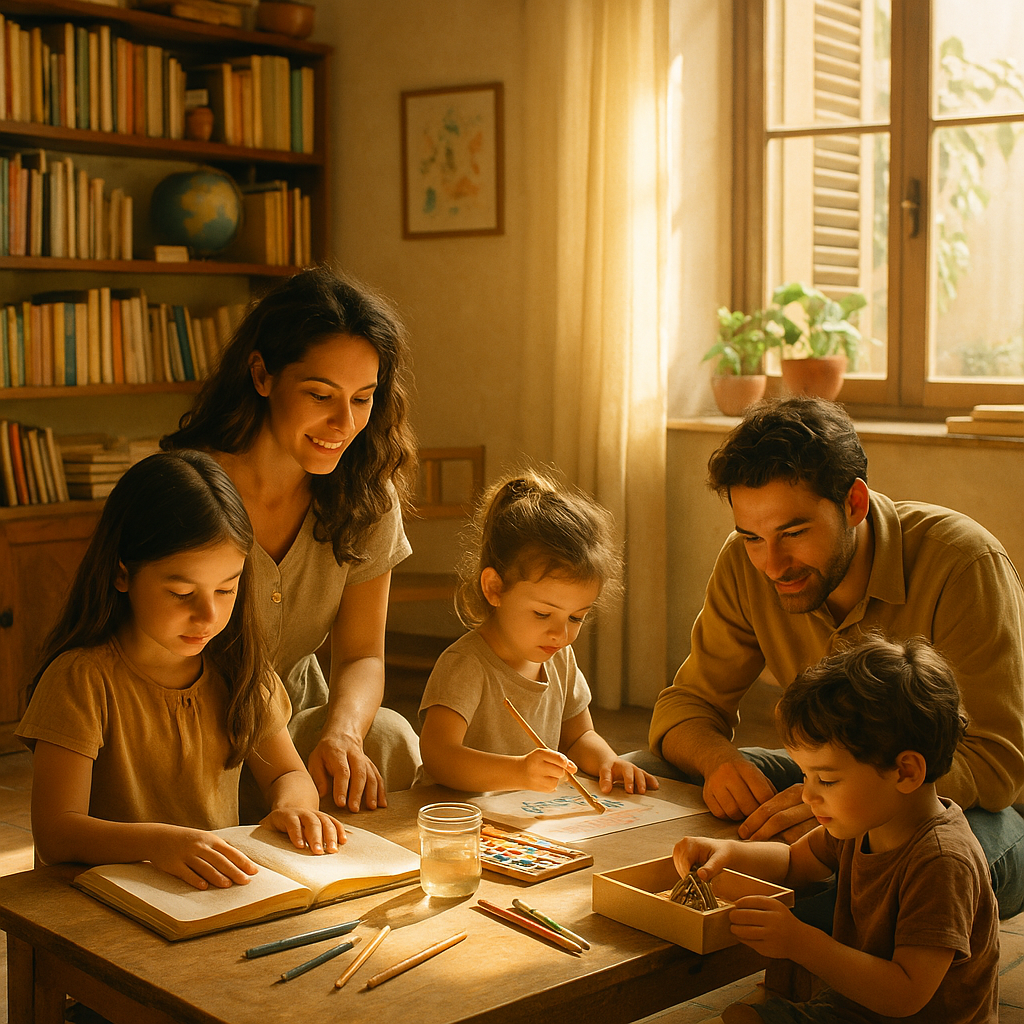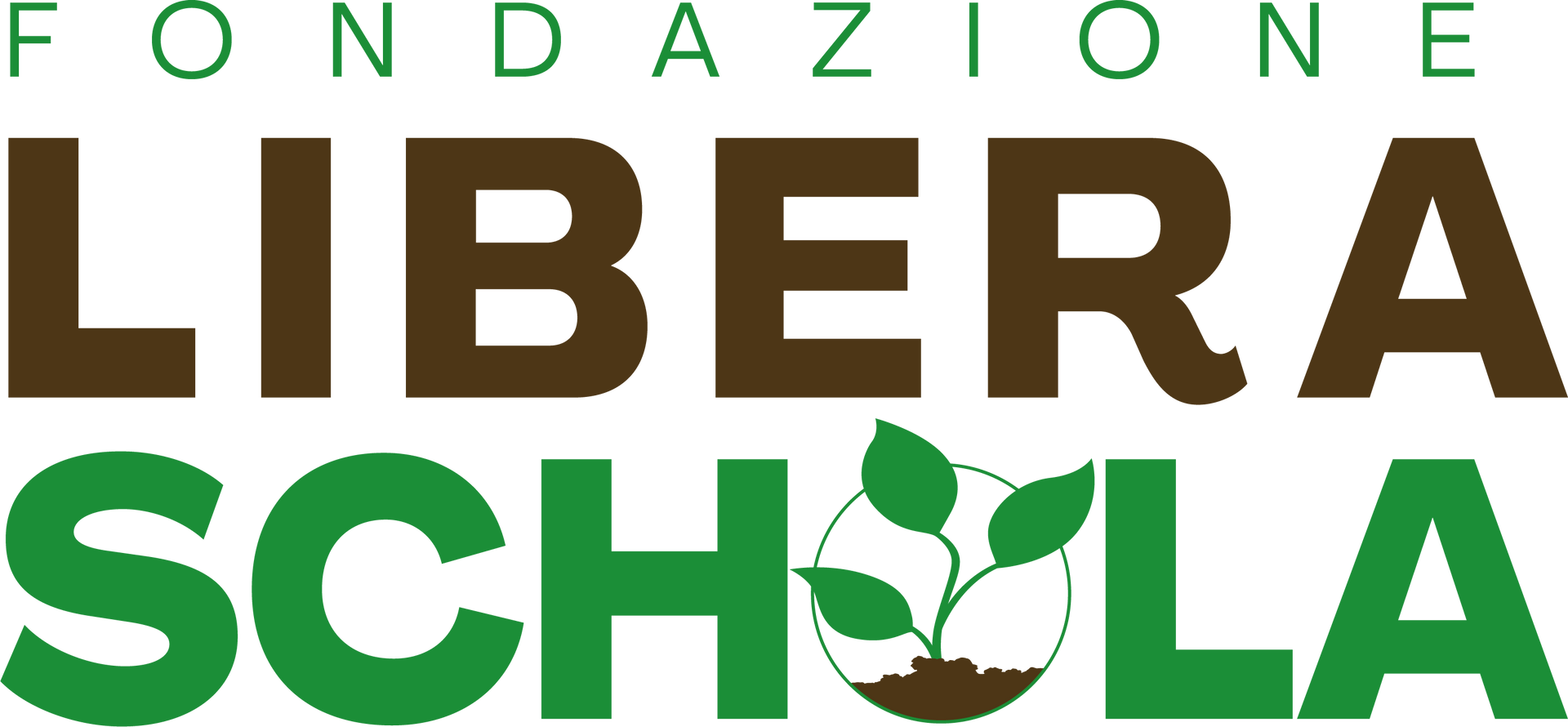
In recent years, we have seen a significant increase in structured activities in the lives of children and adolescents. Between school, sports, music lessons, and other extracurricular activities, free time seems to have become a luxury. This situation has negative consequences that can profoundly affect the well-being and development of new generations. Let's examine the main issues associated with a life centered around adult-imposed commitments.
Lack of Time for Relaxation and Fun
When children are constantly engaged in activities guided by adults, they have little time to relax and have fun simply by playing. This can lead to increased stress and pressure, preventing them from developing a healthy relationship with free time and autonomy. Free play is crucial for children's emotional and psychological well-being, as it allows them to decompress, reflect, and recharge their energies.
Limitation of Creativity and Imagination
Free play offers children and teens the chance to explore, experiment, and develop their own creativity and imagination. When they are constantly guided by scheduled activities and tasks, they are deprived of the freedom to invent, discover, and create. This can negatively impact the development of creative skills and decision-making autonomy. The ability to think creatively is essential not only for the arts but also for solving problems and dealing with complex situations in daily life.
Difficulty in Learning Social Skills
Free play allows children to interact and socialize naturally, learning to share, negotiate, resolve conflicts, and work in groups. When they are constantly involved in structured activities, they may not have enough opportunities to develop these important social skills, which are fundamental for interpersonal relationships and success in the real world. Structured activities tend to focus on specific goals, often neglecting the importance of unstructured play that fosters the growth of social and relational skills.
Solutions for a Healthy Balance
Prioritizing Free Play in the Weekly Schedule
It is essential to dedicate specific time for free play in children's daily routines. Ensure they have suitable spaces and materials for creative play and that they can experiment freely without adult intervention. Free play should be considered an essential part of younger and older kids’ development and learning, not a secondary activity.
Reducing the Overload of Structured Activities
Carefully evaluate the number of structured activities your children participate in. Reduce the overload, giving them time and space to play in a free and unstructured manner. Learn to say "no" to those activities that are not essential and that could compromise time dedicated to play and relaxation. Fewer scheduled activities can mean more time for family and the development of personal interests.
Creating an Environment Conducive to Free Play
Provide your children with a safe and stimulating space for free play, both at home and outdoors. Few but good materials and resources that encourage creativity, exploration, and imagination are needed. Support and encourage their interests and allow them to make autonomous decisions regarding play. A conducive environment can include simple objects like building blocks, colors, musical instruments, and for teens offer open spaces to move freely.
Conclusion
Balancing structured activities and free play is crucial for the well-being and development of children and adolescents. Reducing the burden of commitments and promoting spontaneous play can lead to healthier, more creative, and socially competent growth. Let's reflect on how we can help our children live a less stressful and more balanced life, promoting their overall well-being.


Unisciti a Noi!
Crediamo che un'educazione personalizzata e inclusiva sia fondamentale per il futuro.
Unisciti alla Fondazione Libera Schola ETS e insieme faremo la differenza.
Fondazione Libera Schola: Educare, Innovare, Crescere.
FONDAZIONE
LIBERA SCHOLA ETS
Sede Legale:
Piazza Gramsci 2
20154 Milano
Italia
All Rights Reserved | Fondazione Libera Schola


